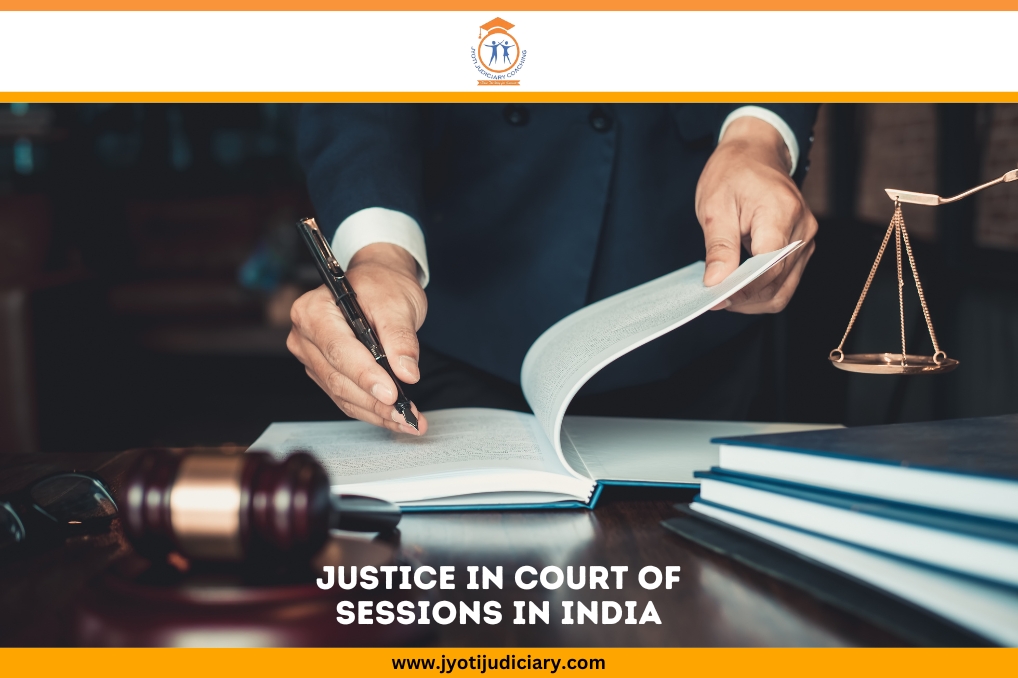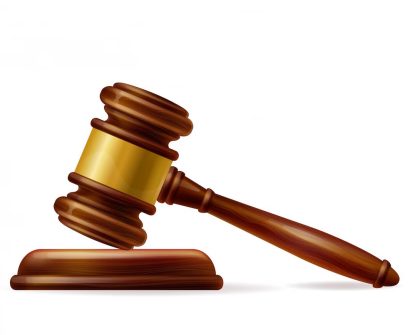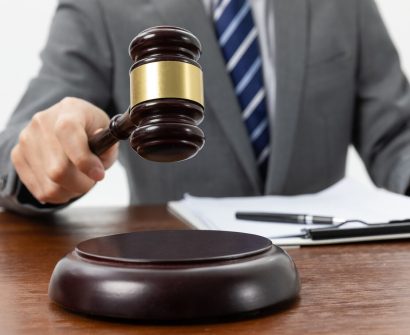
In India, the Court of Sessions is a stronghold of justice, embodying the values of impartiality, equity, as well as fairness. It is a crucial component of the nation’s legal framework and has responsibility for judging cases containing serious offenses as well as making sure that justice gets served.
What is a Sessions Court?
- The state government of India established the criminal courts, often known as Sessions Court, for each sessions division.
- Court of sessions judges are in charge of overseeing these courts.
- This judge is chosen by the state’s High Court.
About Court of Sessions in India
- The highest court in a district with regard to criminal jurisdiction is allegedly the Court of Sessions.
- It is sometimes referred to as the court of first instance for major crimes. Crimes classified as serious include those for which the maximum sentence is seven years in prison, even life.
- A key component of India’s criminal justice system is the Court of Sessions, which was founded in accordance with section 9 crpc.
Sessions Court Jurisdiction in India
- Territorial jurisdiction is essential; it establishes the court depending on the location of the offense.
- The sessions court judge in the Court of Sessions may try any offense under the virtue of the Indian Penal Code, 1860 (IPC), according to Section 26 of the CrPC.
- Nonetheless, under Section 28 of the CrPC, the Sessions Court has jurisdiction over offenses carrying a sentence of more than seven years in jail.
Functions of Court of Sessions
When an accused enters a plea of guilty or not guilty, a trial before a Sessions judge commences. The judge then follows Section 231, CrPC, protocol. The public prosecutor begins the case by outlining the accusations made against the accused during the initial hearing in a Sessions court.
The Sessions Court judge may make the following decisions after hearing the submission and supporting documentation from both parties:
- Whether to file charges if there is sufficient evidence to assume that the accused committed an offense that can only be tried in sessions court, as per section 228 (1)(b), or to release the accused if sufficient reasons are not proven (section 277).
- At the Sessions Court, read the accusation to the accused, explain its meaning to them, and document their plea.
Procedure in Court of Sessions
- The Sessions Judge makes sure that precise and unambiguous charges are brought against the defendant before the trial starts.
- Taking this step makes defense planning more successful.
- A crucial stage is the witness examination, during which the defense and prosecution present their cases.
- The trial is conducted in its entirety by permitting cross-examination and overseeing fair and impartial examination.
- The court will record an order of acquittal if, after considering the prosecution’s evidence, questioning the accused, and hearing arguments from the prosecution and defense, the judge determines that there is insufficient evidence to support the accused’s guilt.
- Oral arguments are made by the prosecution and defense after the witness examination.
- Before making a ruling, the judge gives these arguments considerable thought.
- Following the trial, the Sessions Judge renders a decision that includes the verdict on guilt or innocence and, if relevant, the sentence that was given.
- The verdict is supported by facts, case law, and legal precepts.
Role of Public Prosecutor in Sessions Court
- In the criminal justice system, the public prosecutor is seen as the state’s agent representing the interests of the general public.
- A criminal offense, which is considered a public wrong, is committed against society at large in addition to the harmed victims.
- The state’s interests are represented by the public prosecutor. After the police have finished their investigation and submitted the charge sheet to the court, they can start playing their part.
- They have no bearing whatsoever on the investigation. On behalf of the State, the Prosecutor must be present to carry out the prosecution. They have an obligation to operate impartially as court officers so that the court can make a decision.
The session courts in India maintain a prominent position in the legal system, greatly influencing the settlement of criminal cases and the preservation of legal precepts. Session courts continue to influence the judicial system and guarantee that the rule of law is upheld in society via their assiduous work and steadfast dedication to justice.
Court of Sessions in India FAQs
1.What is the purpose of a sessions court?
The police file complaints against the accused before the sessions court on behalf of the state. These cases include theft, rape, physical assault, murder, and other offenses. Sessions court sentences guilty parties to fines, jail time, or even execution in some situations.
2. What kind of cases are heard in sessions court?
Given the recent changes to Section 30 of the Code, any matters pertaining to crimes carrying a life sentence or a sentence longer than seven years should be brought before a Court of Sessions if the magistrate is unable to impose a sufficient punishment.
3. What is a trial by court of sessions?
A Court of Session trial is conducted according to certain legal procedures, which can differ from one jurisdiction to the next but usually entail the introduction of evidence, the questioning of witnesses and the prosecution’s and defence’s arguments.
4. What are the powers of a session judge?
A Sessions Judge or Additional Sessions Judge may impose any sentence permitted by law; however, the High Court must confirm any death sentence imposed by one of these judges.
5. What is meant by session court?
The Sessions Courts heard every case in session without interruption and rendered decisions as soon as the arguments were concluded. Therefore, the term “Sessions Court” implied that cases would be heard quickly.
6. Are magistrate and sessions judges the same?
Judicial Magistrate: Reporting to the Chief Judicial Magistrate, the Session Judge is in charge of this individual.
7. Who is called a magistrate?
A magistrate is a civil official or a subordinate judge in a certain district, town, etc.
8. How is a court of session established?
For each division of sessions, the State Government must establish a Court of Session. A judge selected by the High Court will preside over each Court of Session. In order to have jurisdiction over a Court of Session, the High Court may additionally designate Assistant Sessions Judges and Additional Sessions Judges.
9. Why is it called Sessions Court?
These are the courts that will hear the matter once the magistrate has turned it over to them. Compared to the District magistrate court, they are open for a certain session and observe holidays on an irregular basis.
10. Does the Court of Session have original jurisdiction?
Unless a magistrate has committed the case to the Court of Session under this Code, the Court of Session will consider any offense as one of its original jurisdictions.
11. Who is known as a Sessions judge?
The term “Metropolitan session judge” is also used to refer to the district judge who is sitting in a city that the state government has classified as a “Metropolitan area” and is in charge of a district court. When it comes to crimes, jurisdiction is solely based on the Criminal Procedure Code.
12. Is session court and criminal court the same?
When the District Court uses the Code of Criminal Procedure to exercise its jurisdiction over criminal cases, it is referred to as the sessions court. Session judges preside over criminal matters in sessions court. They speak of breaking the law.
With the goal of giving students the best coaching available for law entrance exams including the CLAT, AILET, and various other numerous state judiciary exams, Jyoti Judiciary Coaching, India’s Finest educational Platform, was established. Come enroll now with Jyoti Judiciary!
For any latest news, legal topics, judiciary exams notifications, patterns, etc watch Jyoti Judiciary’s YouTube channel for legal videos for any updates at https://youtube.com/@jyotijudiciarycoaching4852?si=2cwubh9d2A9urwJf









